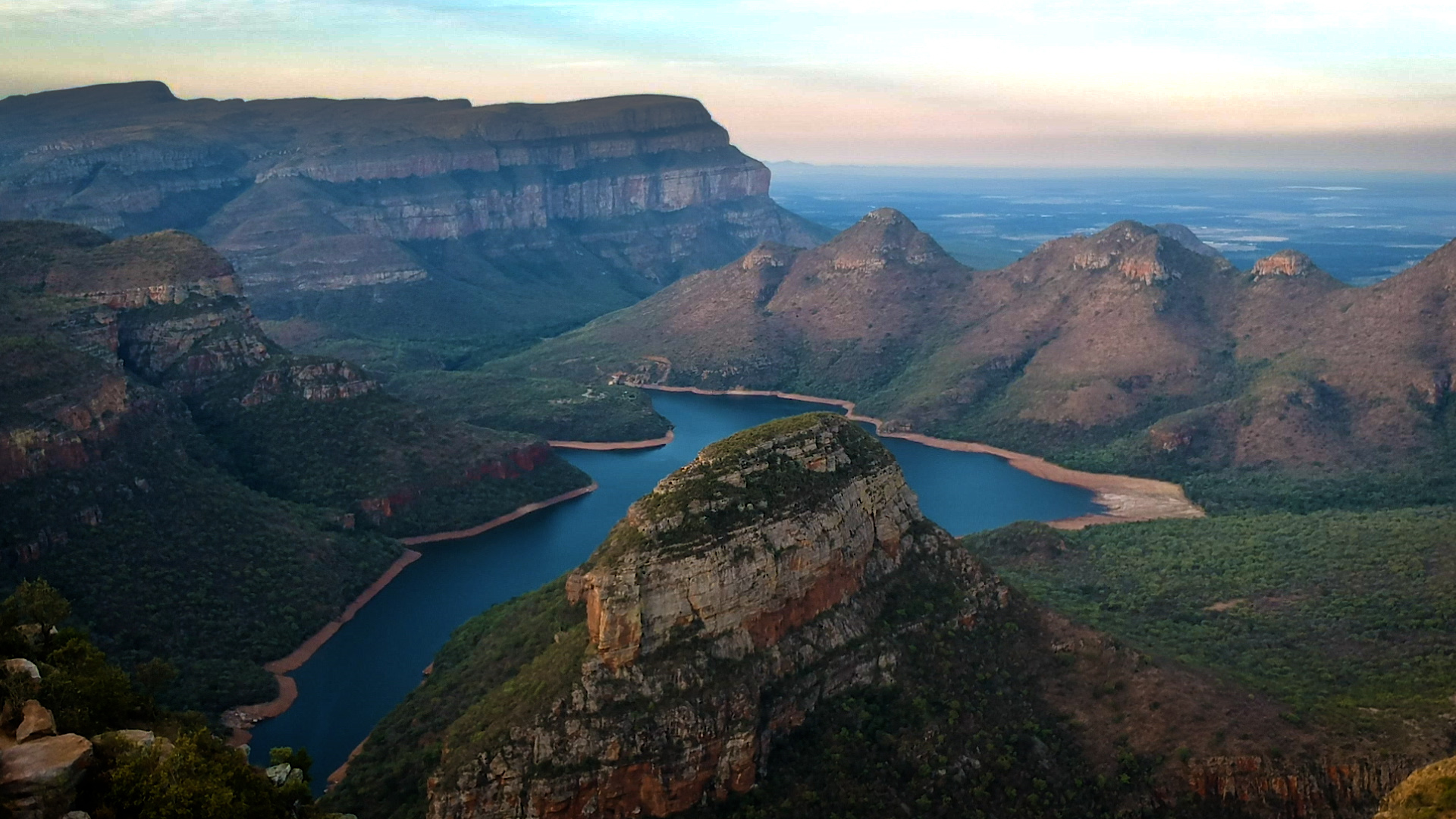
Net-zero Africa
The mission to achieve a just transition for African countries
Sub-Saharan Africa is one of the regions most vulnerable to the effects of climate change, despite having contributed the least to it. It also hosts some of the lowest-income countries in the world, limiting the resources available for adapting to a heating planet.
In 2018, the African Development Bank estimated that Africa faced a growing infrastructural financing gap of $68 billion-$108 billion a year. Meanwhile, the UK-based Energy Transitions Commission (ETC) projects that transitioning the continent to net-zero emissions by 2050 would cost an additional $1 trillion-$2 trillion a year
As African countries face the extra strain of Covid-induced economic pressures, Absa Group, one of Africa’s largest diversified financial services groups, and the G30, an independent global body comprising of economic and financial leaders, have convened prominent global thinkers, international regulators, and corporate representatives to discuss crucial measures for supporting Africa’s transition to net-zero.

Investing in a low-carbon Africa
According to the G30’s recent report, Mainstreaming the Transition to a Net-Zero Economy, “The cost of capital in developing countries is significantly higher, due, in part, to political and regulatory uncertainty, as well as less liquid financial markets.”
In short: Africa’s financial sector has a crucial role to play in raising and channeling capital towards sustainable development. Absa is leading the way.
The African financial services group, which is a strategic partner to the G30, has already pledged to implement the United Nations Principles for Responsible Banking. It has embedded climate finance in its Group Strategy – already having arranged 43% of the financing behind its home country South Africa’s renewable plan.
And it has recently adopted susceptibility to climate change as a principal measure of investment risk. Taking this approach should help direct capital towards sustainable businesses and projects, as well as supporting Absa’s clients on their path to net-zero.
In part, this is driven by a recognition that high-carbon investments exacerbate the accelerating climate risk to Africa, threatening the future of any economic gains made today. In 2017, South African insurers were already budgeting for two weather-related catastrophe claims per year, having previously expected one every two years. Carbon intensity is bad for business.
But financing sustainable development is not Africa’s – or Absa’s – challenge to face alone. If global temperatures rise by 3 degrees – triggering catastrophic climate change – it is estimated that 25 per cent of global GDP will be wiped out.
Africa’s transition to net-zero is an international issue, requiring international solutions. That’s why Absa has been working with the G30.

The road to COP26
In November this year, Glasgow will host the 26th United Nations Climate Summit, COP26. The event comes as governments and corporations deploy historic amounts of capital to rebuild in the wake of the Covid-19 pandemic. The summit is widely seen as an opportunity to ensure that capital flows in low-carbon directions.
In the run-up to the summit, Absa and the G30 co-chaired a virtual dialogue, Road to COP26: Opportunities, Challenges, and the African Transition to Net-Zero.
Panelists were UN Special Envoy for Climate Action and Finance Mark Carney; Absa Group Chief Executive Daniel Mminele; Rwanda Finance Chairman Tidjane Thiam; and Dr.Vera Songwe, UN Under-Secretary-General and 9th Executive Secretary of the Economic Commission for Africa (ECA).
Chief in the discussion was the need for greater financing of Africa’s sustainable development, especially in light of the pandemic. The panelists agreed there is a substantial gap that must be filled by the private sector.
As Dr. Songwe was keen to highlight, there is enormous opportunity in Africa, “70% of the region’s infrastructure needs building.” Projects like these can, as Tidjane Thiam pointed out, form excellent long-term assets for pension funds; a currently underdeveloped area in Africa.
More can be done domestically to attract foreign investment. Mark Carney cited reporting improvements, credible and predictable policy, and using blended finance to de-risk green investment. Thiam spoke of the importance of promoting domestic economies, to provide partnerships for overseas investors.
But as the panel stressed, transfers from high- to low-income countries are also essential to meet Paris climate goals, as they could enable African economies to leapfrog to green technologies. Carney highlighted the potential of the carbon offset economy, remunerating countries that act as carbon sinks. And Dr. Songwe spoke of the effect of debt overhang on stalling growth.
A just transition to net-zero economy
If the Absa-G30 dialogue made anything clear, it’s that solutions to Africa’s unique challenges on the path to net-zero exist.
Global leaders must listen at COP26 and translate these ideas into action. As the panel agreed in their closing comments, “It’s urgent, and we need to act now.”
Watch the webinar: Road to COP26: Africa’s transition to net-zero


